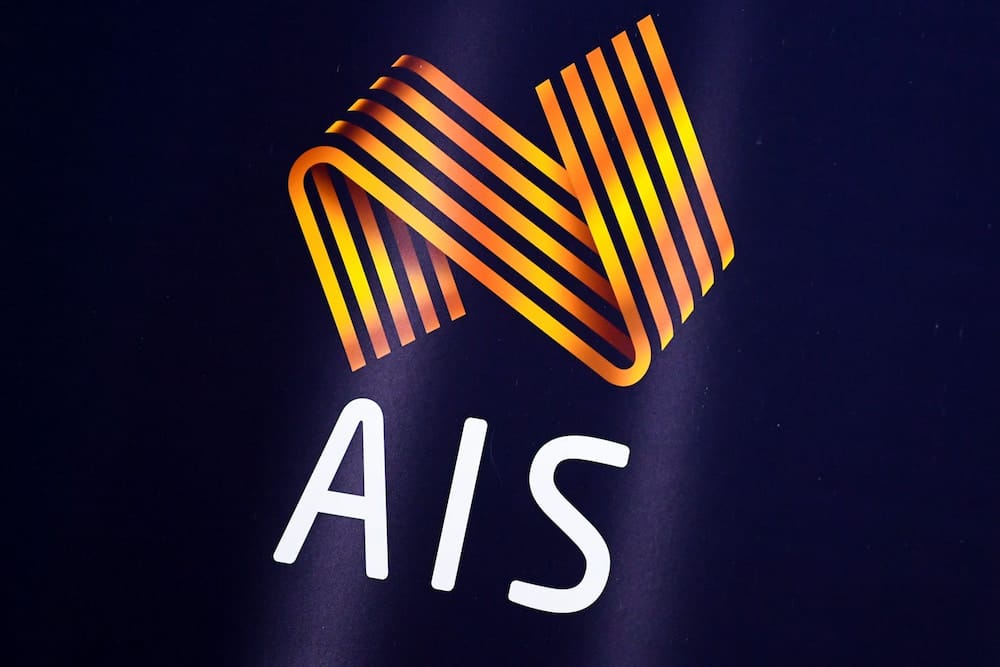Research comparing the brain health of retired athletes from collision and non-collision sports will be part of new project led by the Australian Institute of Sport (AIS).
The AIS has received a $340,000 federal government grant for The Concussion and Brain Health project 2021-24.
The AIS is collaborating with the Hunter Medical Research Institute (HMRI), University of Newcastle and University of Canberra on a research program that will assess the brain health of retired elite level athletes.
AIS chief medical officer Dr David Hughes said the project would improve the understanding of long-term brain health of retired elite athletes, in both collision and non-collision sports.
“This project will evaluate several domains of brain health in retired elite athletes including neuropsychological assessment, brain imaging, objective somatosensory assessment and potential involvement in a brain donor program,” Hughes said in a statement on Friday.
Associate Professor Andrew Gardner of HMRI and the University of Newcastle has been leading one of the largest and most comprehensive brain health research programs for retired athletes in the world, involving in-person evaluations of more than 150 retired elite level collision sport players.
“The AIS, HMRI, The University of Newcastle and University of Canberra are combining to take this further, recruiting a control group of retired non-collision elite athletes.
“We are aiming to collect data on the brain health of more than 40 retired athletes from non-collision sports every year.
“This study is available to former elite level men and women athletes who were not involved in contact or collision sport.”
The project will also include updating the Concussion in Sport Australia: Position Statement, which is a concussion management resource launched in 2019 and endorsed by more than 50 leading medical and sporting organisations.
It will be updated by the start of 2023 with new research on concussion in female athletes, para-athletes, potential implications for long-term brain health and the utility of specific physiotherapy-guided rehabilitation in the management of concussion.
“This has proved to be a wonderful resource for sport, but we need to ensure it is continually updated to reflect the latest evidence and research, with enhanced educational tools that are easily accessible to all in Australian sport,” Hughes said.
AAP
Get all the latest Canberra news, sport, entertainment, lifestyle, competitions and more delivered straight to your inbox with the Canberra Daily Daily Newsletter. Sign up here.



